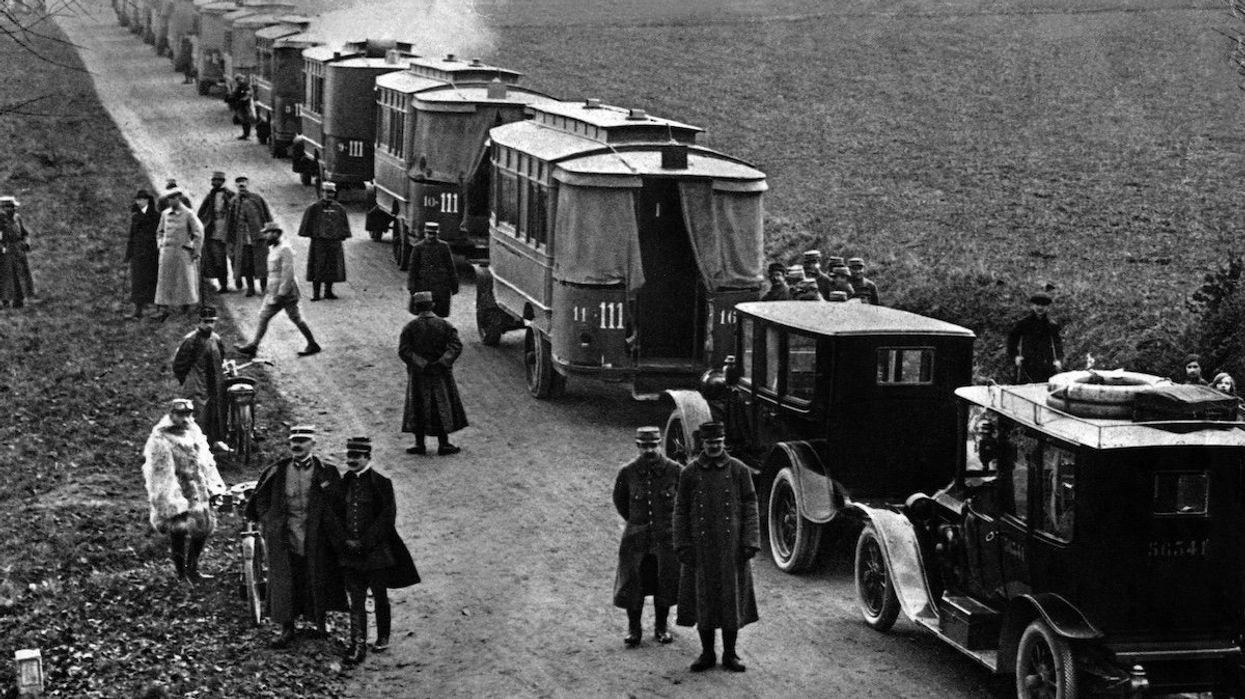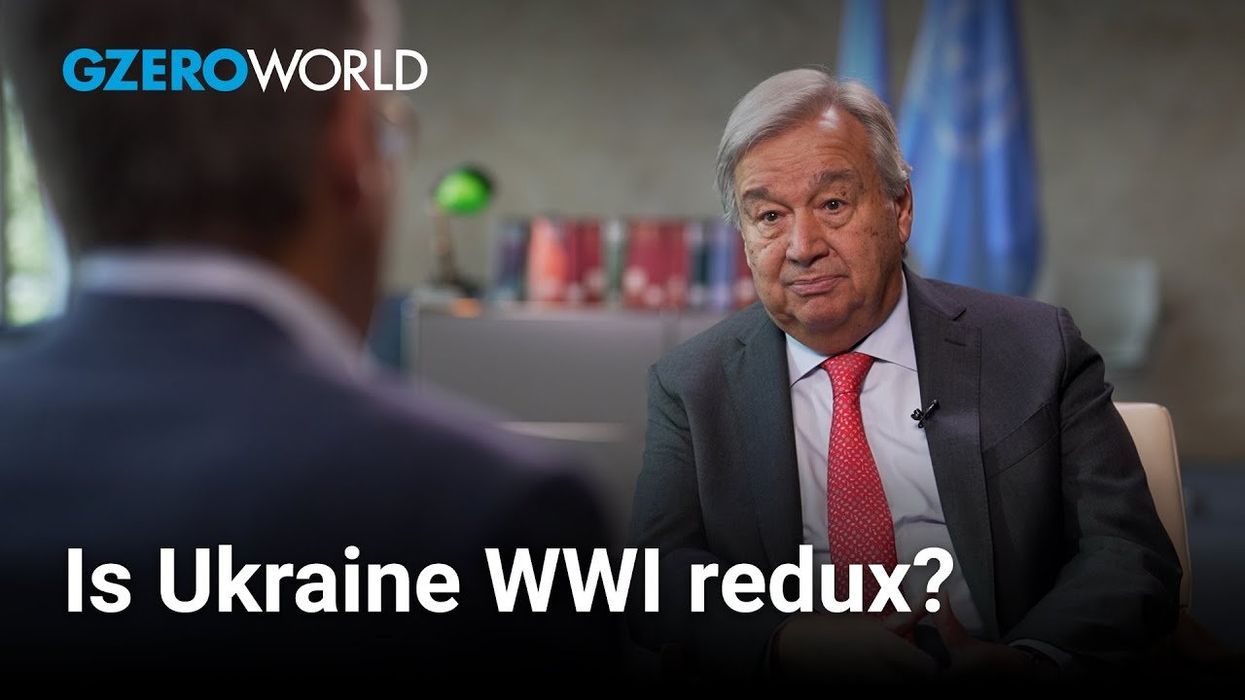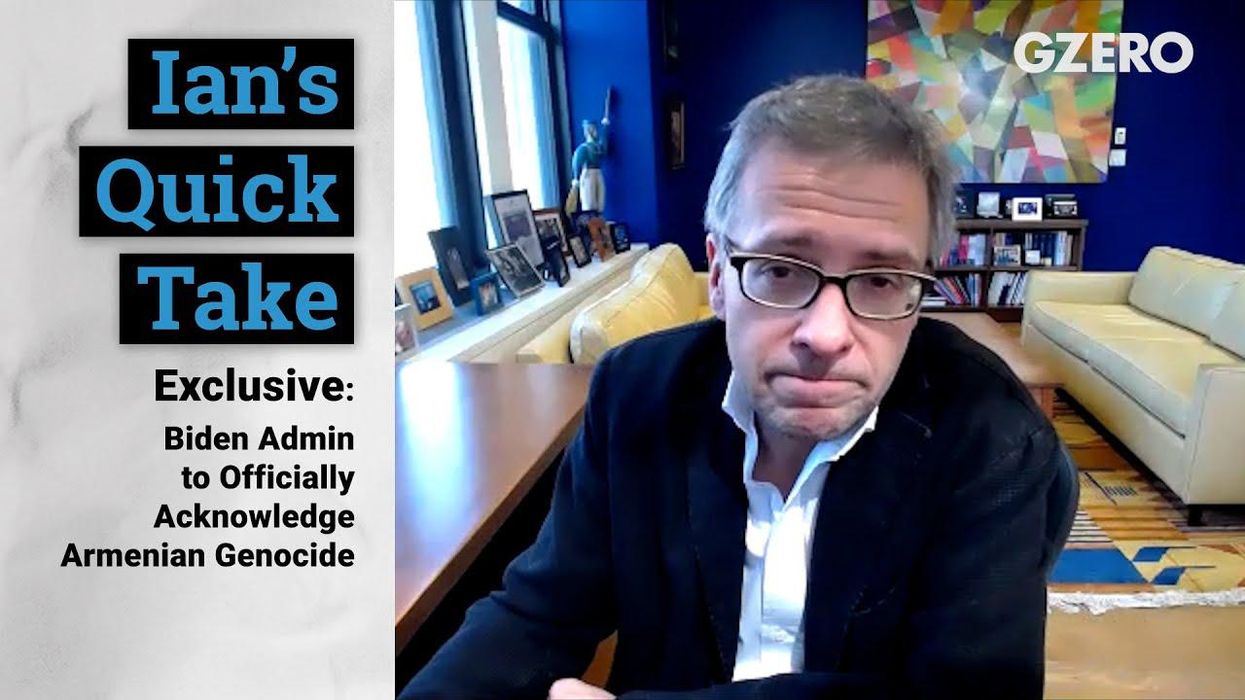Analysis
Now + Then: The Miracle on the Marne
On this day 110 years ago, French and British forces along the Marne River were suffering through arguably the most important battle of World War I – an early clash that saved Paris and broke the German war plan but also ushered in the horrors of trench warfare.
Sep 09, 2024



